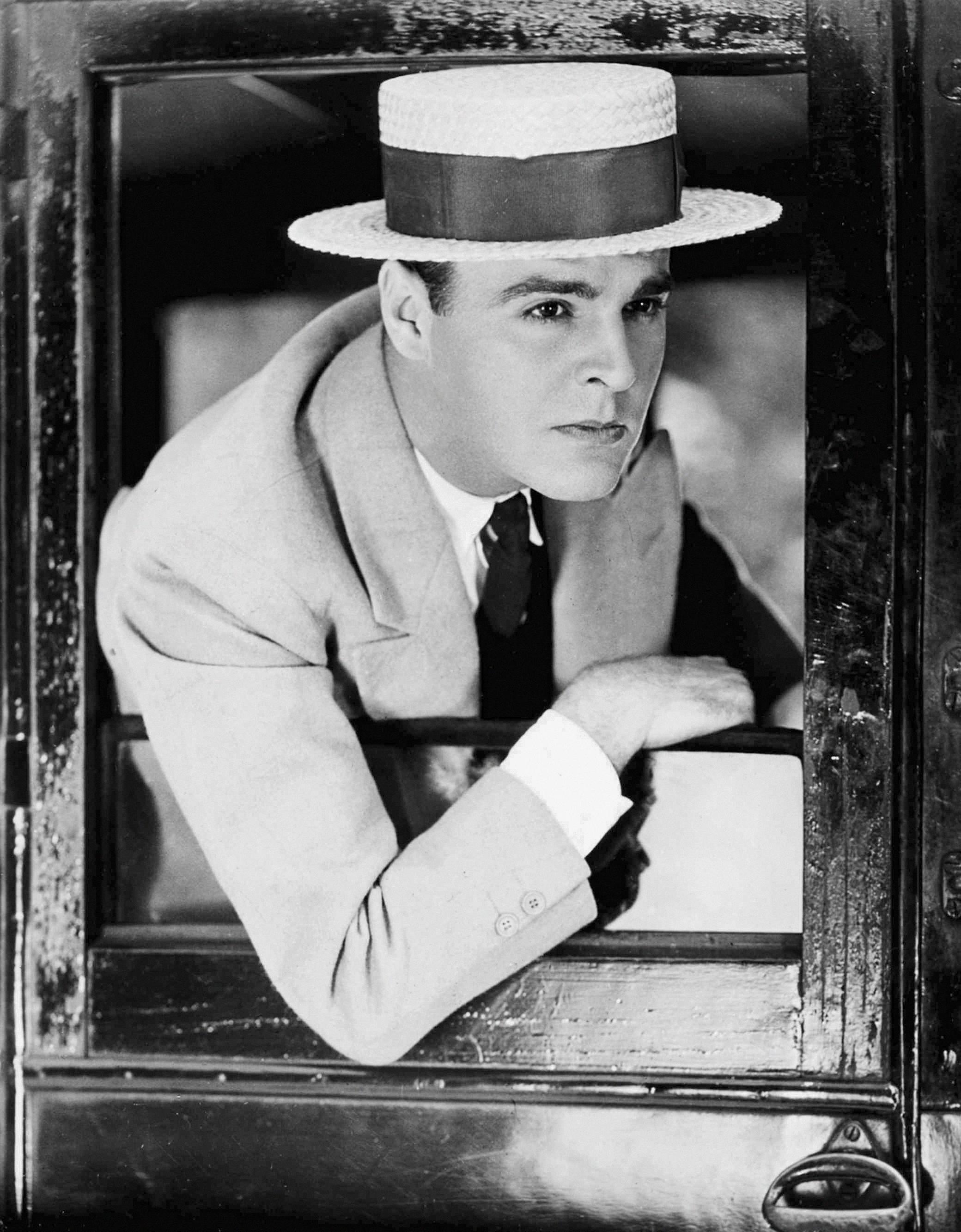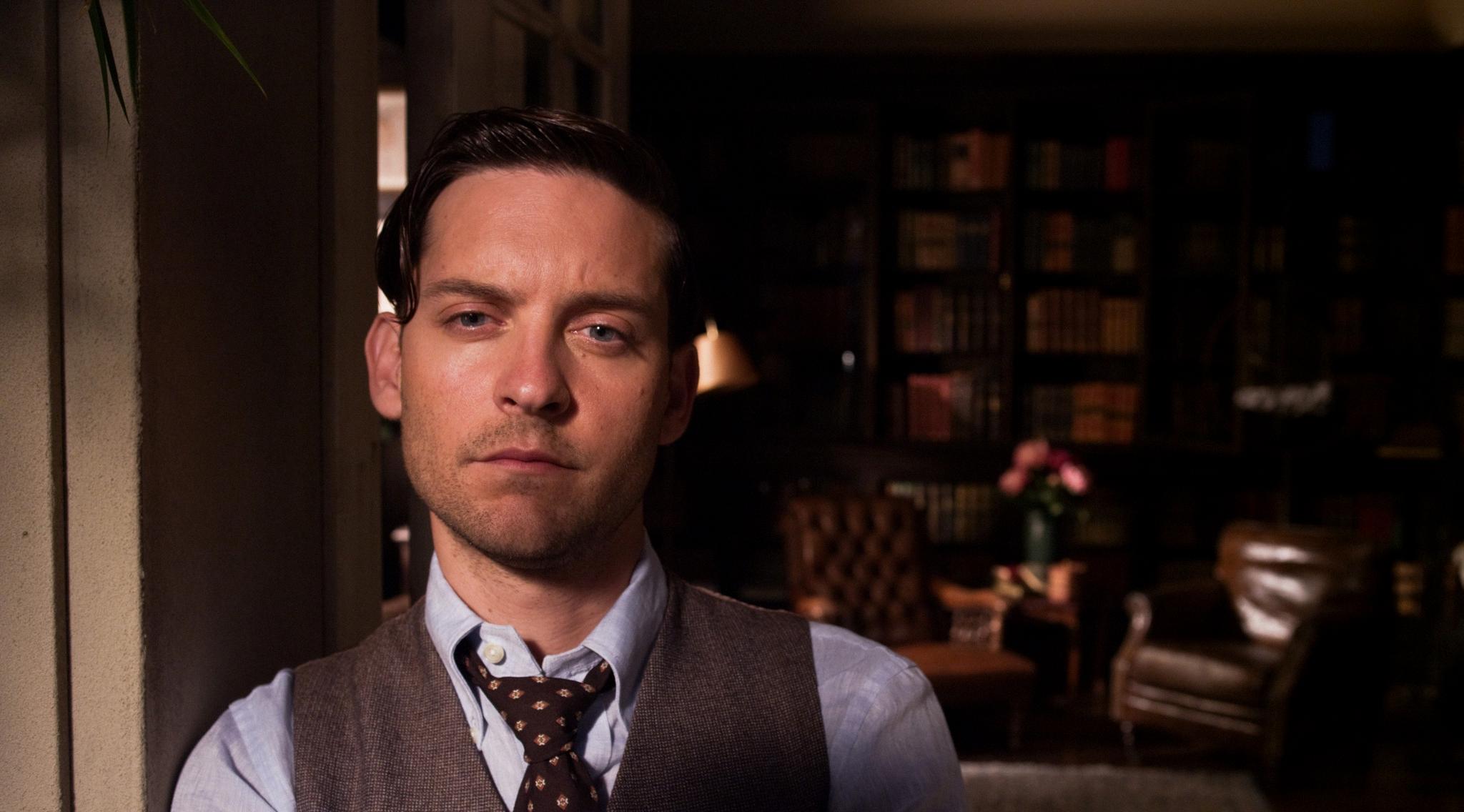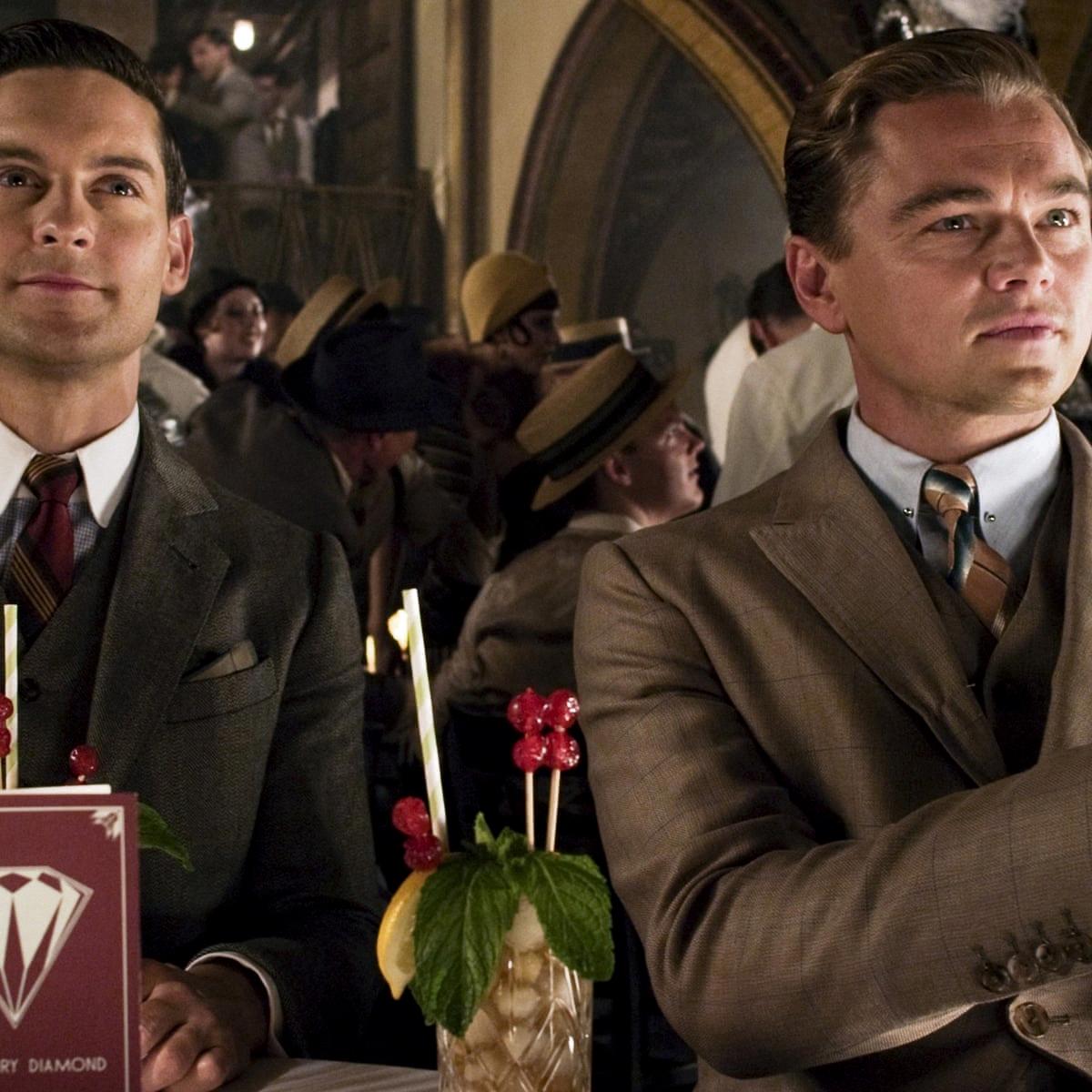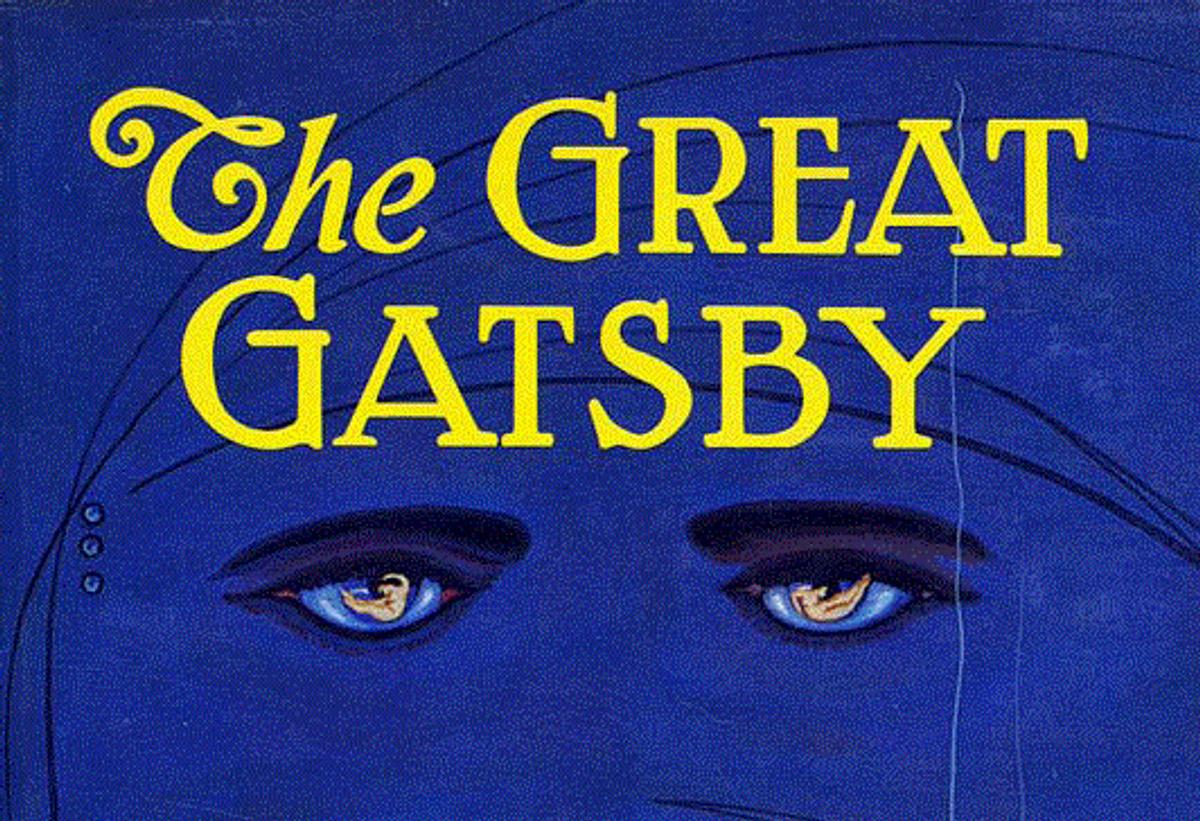In F. Scott Fitzgerald’s The Great Gatsby, the relationship between Nick and Gatsby is a complex one. While Nick is often critical of Gatsby’s actions and motivations, he also seems to be drawn to him in a way that he cannot fully explain.
One of the reasons for Nick’s conflicted feelings towards Gatsby is the stark difference in their personalities. Nick is a reserved and introspective individual, while Gatsby is outgoing and charismatic. This contrast is evident in the way that Nick describes Gatsby, both in his actions and in his appearance. Nick often marvels at Gatsby’s ability to captivate those around him, but at the same time, he seems to be somewhat repelled by Gatsby’s flashy, ostentatious lifestyle.
Despite these differences, however, it is clear that Nick is deeply affected by Gatsby’s story and by the man himself. Throughout the novel, Nick expresses a great deal of admiration for Gatsby’s determination and his unwavering belief in the power of hope. He sees in Gatsby a figure who embodies the American dream, even as he recognizes the flaws in Gatsby’s pursuit of that dream.
Perhaps the most telling indication of Nick’s feelings towards Gatsby comes in the final pages of the novel, when he reflects on the events that have transpired. He writes, “I found myself on Gatsby’s side, and alone.” This statement suggests that Nick has come to see Gatsby as a sympathetic figure, even thogh he recognizes the flaws in his character and his actions.
It is clear that Nick’s feelings towards Gatsby are complex and multifaceted. He is both drawn to and repelled by him, and his admiration for Gatsby’s determination is tempered by his disapproval of his actions. Ultimately, however, Nick’s loyalty to Gatsby is clear, even as he struggles to reconcile his feelings towards him.
Nick’s Feelings Towards Gatsby
Nick feels very positively aout Gatsby and considers him a great figure. He is particularly taken with the extraordinary quality of hope that Gatsby possesses, as well as his idealistic dream of loving Daisy in a perfect world. Nick sees Gatsby as a man of great determination and ambition, who despite his humble beginnings, has managed to create a life for himself that is the envy of many. He admires Gatsby’s ability to imagine a better life and to work tirelessly towards achieving his goals. Despite Gatsby’s many flaws, Nick sees him as a symbol of hope and optimism in a world that can often be dark and cynical. Nick has a deep respect for Gatsby and considers him to be one of the most remarkable people he has ever met.

Source: en.wikipedia.org
Nick’s Opinion of Gatsby
Nick, the narrator of the novel, expresses his dislike towards Gatsby despite being a part of his social circle. He cannot connect with Gatsby due to their distinctive personalities and disapproves of his obsession with impressing Daisy. Throughout the book, Nick tries to remain neutral and objective, but his judgmental attitude towards Gatsby is evident in his words and actions.
Exploring the LGBTQ Representation in The Great Gatsby
There is some debate among literary scholars about the sexual orientation of the characters in F. Scott Fitzgerald’s The Great Gatsby. Some argue that the character of Nick Carraway, the narrator of the story, is gay or bisexual, while others suggest that Jay Gatsby himself is queer. However, there is no explicit evidence in the text to support either of these claims.
The ambiguity surrounding the sexuality of the characters in The Great Gatsby has led some readers to interpret the novel in a queer or LGBTQ+ context. The novel’s exploration of themes like identity, longing, and desire could be read as an allegory for queer experience.
However, it’s worth noting that the novel was written in the 1920s, a time when homosexuality was heavily stigmatized and criminalized in America. As such, it’s unlikely that Fitzgerald wold have written openly queer characters, as it would have been considered scandalous and potentially dangerous for both the author and his readers.
In contrast, the modern film adaptations of The Great Gatsby have largely presented the characters as straight. This is likely due to the fact that LGBTQ+ representation has become more accepted and visible in popular culture in recent years, allowing filmmakers to explore queer themes and characters more openly.
While there is no definitive answer to the question of whether The Great Gatsby is LGBTQ, it’s clear that the novel has been interpreted in a queer context by some readers and scholars. The modern adaptations of the story offer a different perspective, but ultimately the truth of the characters’ sexualities remains open to interpretation.
Does Nick Romanticize Jay Gatsby?
Nick romanticizes Gatsby throughout the novel. He idealizes Gatsby as the epitome of the American Dream and portrays him as a tragic hero who is misunderstood by society. Nick’s admiration for Gatsby is evident from the moment he meets him, and he becomes increasingly infatuated with him as the story progresses. Nick’s description of Gatsby’s parties, his wealth, and his love for Daisy are all portrayed in a romanticized manner, making it clear that Nick has a deep emotional connection to Gatsby. This misplaced love ultimately leads Nick to overlook some of Gatsby’s flaws and to justify his actions, even when they are unethical or illegal. Nick’s admiration for Gatsby is a central theme of the novl and underscores the complexity of human relationships and the power of romanticized ideals.
Mental Illness of Nick Carraway
In F. Scott Fitzgerald’s novel “The Great Gatsby,” the character Nick Carraway is depicted as experiencing symptoms of anxiety and depression. Throughout the book, Nick is shown to be struggling with the fast-paced and superficial lifestyle of the wealthy people around him, as well as with the disillusionment he feels toward the American Dream. At one point in the story, Nick even says that he feels “half-sick between grotesque reality and savage, frightening dreams.” However, it is important to note that Nick is not portrayed as being “crazy” or having a severe mental illness. Rather, his struggles with anxiety and depression are a reflection of the societal pressures and cultural changes of the time period in wich the novel is set.

Source: americamagazine.org
Exploring the Relationship Between Nick and Jay Gatsby
The question of whether Nick and Jay Gatsby are in love is a subject of much debate amng literary scholars and critics. While some argue that Nick’s admiration for Gatsby is purely platonic, others suggest that there are indications of a romantic attraction between the two characters.
On the one hand, Nick’s relationship with Gatsby can be seen as a kind of hero-worship. Nick is drawn to Gatsby’s charisma, his ambition, and his ability to create a new identity for himself out of nothing. He is also deeply moved by Gatsby’s love for Daisy Buchanan and his willingness to sacrifice everything for her. In this sense, Nick’s love for Gatsby is more about his admiration for Gatsby’s character and his accomplishments than any kind of romantic or sexual attraction.
On the other hand, there are moments in the novel that suggest a deeper connection between Nick and Gatsby. For example, when the two men meet for the first time, Nick describes feeling a “tremendous shock” at Gatsby’s presence. He also notes that Gatsby’s smile has “an ecstatic expression” that seems to communicate something more than mere friendship. Additionally, there are several instances where Nick describes Gatsby’s physical appearance in highly romanticized terms, such as when he says that Gatsby has a “rare smile” that makes him “worth the whole damn bunch put together.”
Ultimately, the question of whether Nick and Gatsby are in love is one that is open to interpretation. While there are certainly elements of their relationship that suggest a deeper emotional connection, it is also possible to view Nick’s feelings for Gatsby as purely platonic. Regardless of how one chooses to interpret their relationship, however, it is clear that Nick’s love for Gatsby is a key element of the novel’s themes of longing, aspiration, and disillusionment.
Does Nick Pity Gatsby?
Nick feels sorry for Gatsby. Throughout the novel, Nick becomes increasingly aware of Gatsby’s tragic past and empathizes with the character’s longing for a lost love. Nick recognizes that Gatsby’s obsession with Daisy and his relentless pursuit of wealth and status are a result of his desperate desire to recreate the past and win back the love of his life. Despite his flaws and questionable actions, Nick sees Gatsby as a victim of circumstance, a man who was unable to break free from the shackles of his past. Therefore, Nick’s feelings of pity for Gatsby are a major theme of the novel.
Nick’s Admiration of Gatsby
Nick admires Gatsby for several reasons. Firstly, he is impressed by Gatsby’s unfailing optimism. Despite the harsh realities of life in 1920s America, Gatsby maintains a hopeful and positive outlook on life. He believes that he can achieve anything he sets his mind to and is determined to make his dreams a reality.
Secondly, Nick is impressed by Gatsby’s ability to shape his own life. Gatsby was not born into wealth or privilege, but he worked hard to create a life of luxury for himself. He built his fortune through illegal means but used his wealth to transform himself into a refined gentleman and to attract the attention of Daisy Buchanan, the love of his life.
Lastly, Nick admires Gatsby’s unwavering faith in his dream. Gatsby’s desire to be reunited with Daisy and to relive their past romance is what drives him. Despite the obstacles he faces, including Daisy’s marriage to aother man, Gatsby remains steadfast in his pursuit of his dream.
Nick admires Gatsby for his optimism, ability to shape his own life, and his relentless pursuit of his dream.
Nick’s Reaction to Gatsby’s Death
Nick feels a deep sense of injustice upon learning about Gatsby’s solitary death. He is struck by the irony that despite Gatsby’s extravagant parties and the numerous people who attended them, not a single person, save for Owl Eyes, bothered to attend Gatsby’s funeral. This lack of regard for Gatsby’s life and legacy highlights the superficiality and shallowness of the society in which Nick lives. Nick’s sorrow and frustration at this turn of events underscores his admiration for Gatsby’s resilience and determination in the face of adversity, and his belief that Gatsby deserved a better fate.

Source: theguardian.com
Who Is Gatsby Secretly In Love With?
Gatsby is secretly in love with Daisy Buchanan, a wealthy and beautiful socialite whom he met and fell in love with bfore he became rich himself. Despite their brief romance years ago, Gatsby never forgot about Daisy and spends years amassing his fortune in the hopes of one day winning her back. His love for Daisy is all-consuming and drives much of the plot in F. Scott Fitzgerald’s classic novel, The Great Gatsby. Although their relationship is complicated by their differing social statuses and other obstacles, Gatsby’s unwavering love for Daisy is at the heart of the story’s tragic ending.
The Significance of Gatsby’s Kiss with Daisy
Gatsby kissed Daisy because he was deeply in love with her and had been pining for her for years. He saw Daisy as the embodiment of his unattainable dreams and desires, and he believed that being with her wold bring him the happiness and fulfillment he had been seeking. Gatsby’s kiss with Daisy was a pivotal moment in his life, as it represented the culmination of his long-held fantasies and a potential future with the woman he loved. However, he also realized that this moment would mark the end of his carefree existence, as he would be forever bound to Daisy and the responsibilities that came with their relationship. Despite this, Gatsby was willing to make the sacrifice, as he believed that his love for Daisy was worth any price.
Gatsby’s Love Interest
Gatsby falls in love with Daisy Buchanan, a wealthy socialite he met before he went to war. Throughout the novel, Gatsby’s main goal is to win Daisy’s affection, whom he abandoned five years earlier. Despite his seemingly genuine attempts to win her back, it becomes clear that Gatsby’s love for Daisy is not entirely sincere. Nevertheless, his infatuation with Daisy serves as the driving force behind his lavish lifestyle and his desire for social acceptance.
Is Nick’s Love for Jordan True?
It can be inferred from the novel that Nick Carraway, the narrator, is not necessarily in love with Jordan Baker, but rather has a growing romantic interest in her. Throughout the novel, Nick descibes his attraction to Jordan and their budding relationship, but never explicitly states that he is in love with her. Instead, he refers to his feelings as a “tender curiosity.” Additionally, the courtship between Nick and Jordan never becomes the main focus of the story, as the novel primarily centers around the mysterious Jay Gatsby and his pursuit of his lost love, Daisy Buchanan. Therefore, while Nick’s feelings for Jordan are significant to the story, it can be concluded that he is not in love with her, but rather intrigued by her.

Source: salon.com
The Impact of PTSD on Nick Carraway in The Great Gatsby
It is not explicitly stated in The Great Gatsby whether or not Nick Carraway has post-traumatic stress disorder (PTSD). However, there are several events in the novel that could be interpreted as traumatic experiences for Nick.
Firstly, Nick is a World War I veteran and describes his time in the war as a “nightmare.” This alone suggests that he may be struggling with PTSD, as it is a common disorder among veterans who have experienced combat. Additionally, Nick is present for several highly stressful and intense moments throughout the novel, including witnessing Myrtle’s death and beig caught in the middle of the conflict between Gatsby and Tom.
It is also worth noting that Nick exhibits some symptoms of PTSD throughout the novel. For example, he experiences flashbacks of his time in the war, struggles with sleep and nightmares, and has a tendency to isolate himself from others.
While it is not explicitly stated in the novel, there is evidence to suggest that Nick Carraway may be suffering from PTSD.
Exploring the Complexity of Character in The Great Gatsby
The Great Gatsby, written by F. Scott Fitzgerald, is a masterpiece of American literature that has captured the imagination of readers for decades. The nvel offers a cast of intriguing characters, each with their own unique complexities and hidden agendas. However, the most complex character in the novel is undoubtedly Nick Carraway.
Nick Carraway is the narrator of the story and is a young man from the Midwest who moves to New York to pursue a career in finance. He is initially presented as a reliable and honest narrator, but as the story progresses, his character becomes more complex. Nick is an observer of the world around him, and his observations often reveal more about himself than about the people he is observing.
One of the reasons why Nick is so complex is that he is a character in transition. He begins the novel as a wide-eyed innocent, but as he becomes more involved in the lives of the other characters, he begins to change. Nick is torn between his desire to fit in with the wealthy elite of West Egg and his moral compass, which tells him that their lifestyle is corrupt and immoral.
Another reason why Nick is so complex is that he is a character who is constantly struggling with his own identity. Throughout the novel, Nick is presented as a man who is trying to figure out who he is and what he wants from life. He is attracted to the glamour and excitement of the wealthy social scene, but he is also repulsed by the shallow and superficial nature of the people who inhabit it.
Nick Carraway is the most complex character in The Great Gatsby. His character is multifaceted, and he is a character in transition who is struggling with his own identity. His observations of the world around him reveal more about himself than about the people he is observing, and this makes him a fascinating and complex character that readers can relate to on many levels.
Conclusion
Nick’s feelings towards Gatsby are complex and contradictory. He admires Gatsby’s hope and idealistic dream of a perfect world, but he also disapproves of his obsession with impressing Daisy. Furthermore, while Nick expresses his dislike for Gatsby, he also sees to be in love with him, which creates a sense of ambiguity in his narration. Ultimately, whether or not Nick likes Gatsby is a matter of interpretation, and readers may have different opinions on the matter. However, it is clear that Nick’s relationship with Gatsby is a central aspect of the novel, and it adds depth and complexity to the story.
